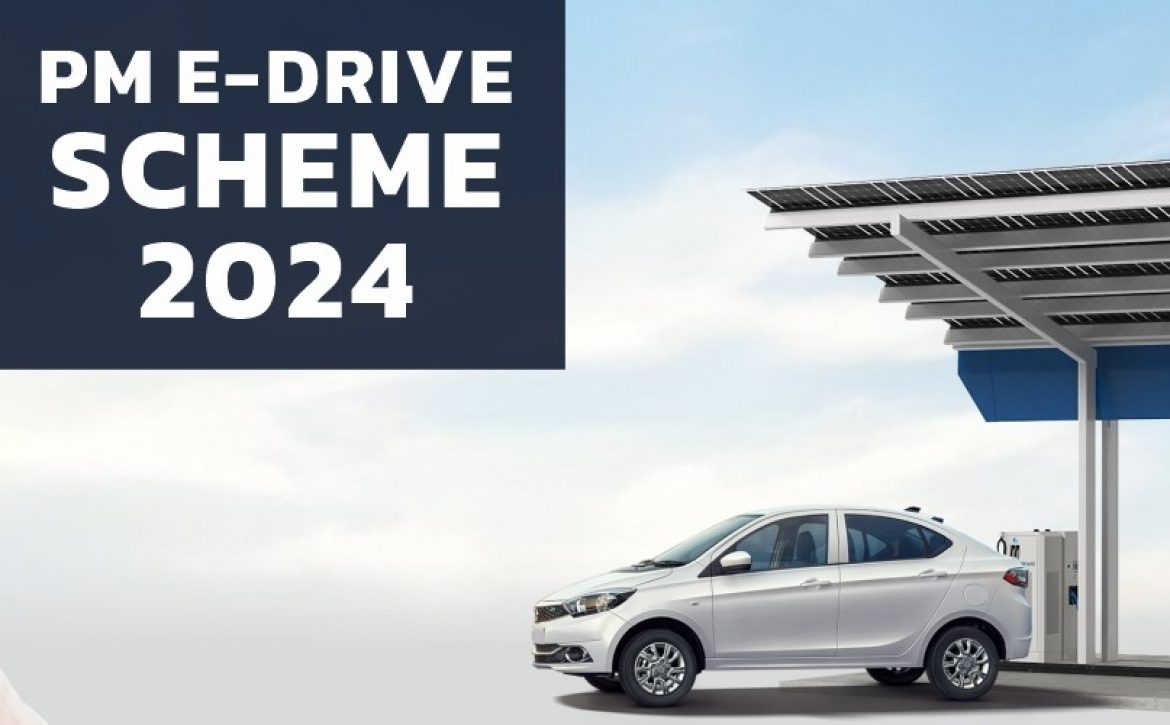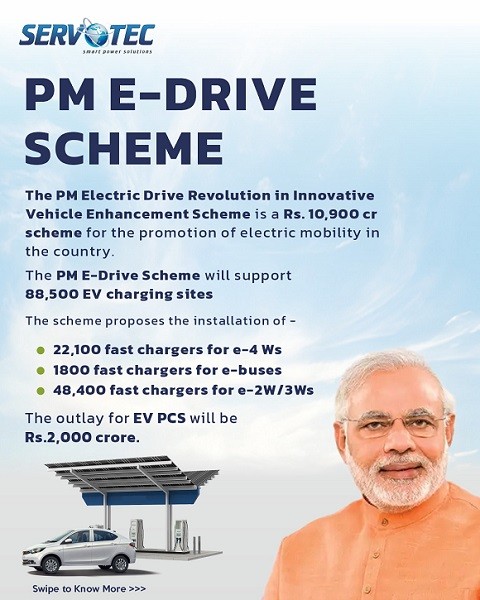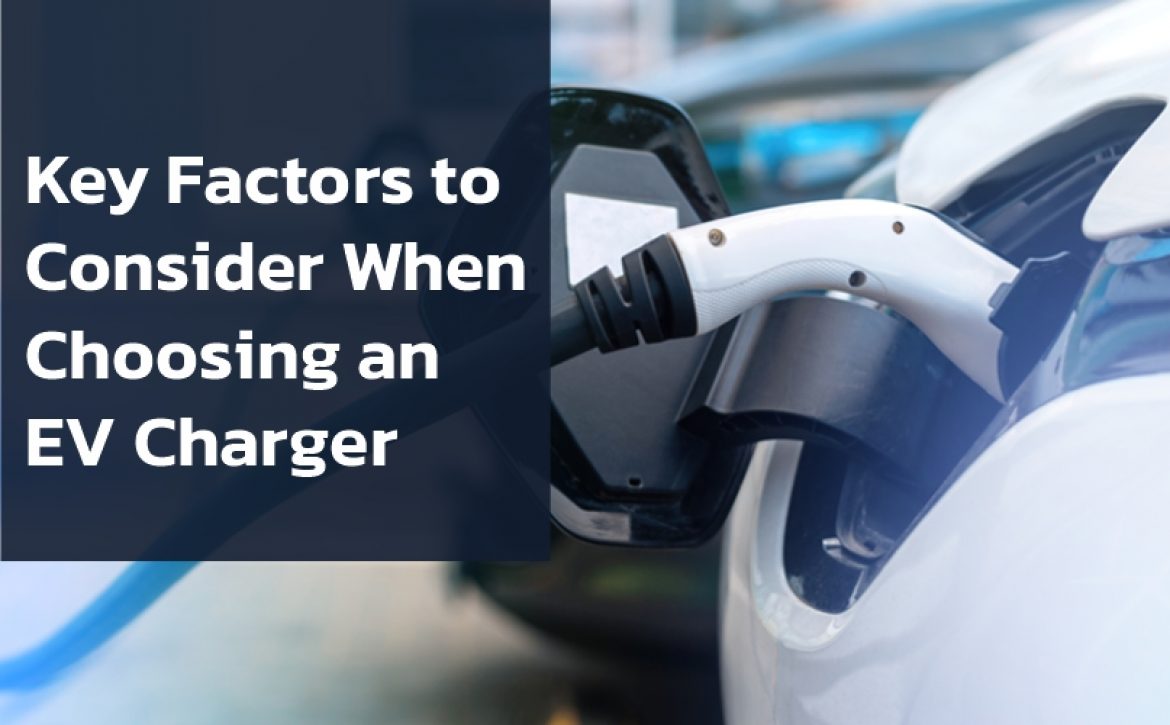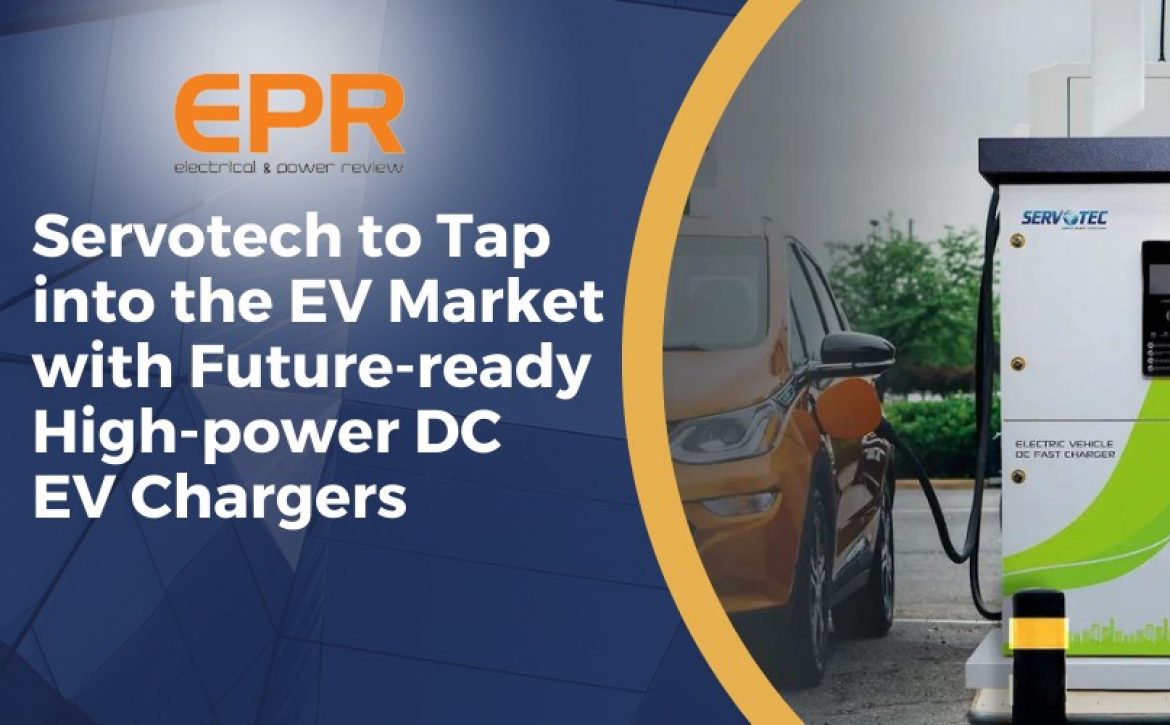Key Developments that Shaped India’s Electric Vehicle Industry in 2024
India’s EV Market is witnessing explosive growth, driven by a confluence of factors: government incentives, surging consumer demand, and a burgeoning ecosystem of startups and established players. 2024 has been a pivotal year, marked by significant advancements across the Electric Vehicles India spectrum, from Electric Two-Wheelers India and Electric Cars India to charging infrastructure and battery technology. This blog post delves into the key developments that have shaped the EV Industry India landscape in 2024, providing insights into the future trajectory of this transformative industry.
In 2024, India’s EV Industry saw substantial growth, with sales reaching about 1.94 million units, a 26.5% increase over the previous year. The market is expected to develop at a compound annual growth rate (CAGR) of 22.4%, reaching $117.78 billion by 2032. Electric Two-Wheelers India led the EV market, with sales of approximately one million units in fiscal year 2024. Despite this development, issues such as limited charging infrastructure and high car costs continue to impact adoption rates. The government’s ambitious goal of having EVs contribute to 30% of new car sales by 2030 faces challenges, including a 20% increase in hybrid vehicle sales that exceeded growth in pure EVs. Overall, while India’s EV Industry is on the rise, concentrated efforts are required to overcome current challenges and meet stated targets.
PM E-DRIVE Scheme 2024
In 2024, India introduced the PM E-DRIVE Scheme, committing ₹10,900 crore (~$1.3 billion) over two years to increase EV adoption and improve charging infrastructure. The program focuses on promoting Electric Two-Wheelers India and three-wheelers, e-ambulances, e-trucks, and e-buses, as well as extending public charging infrastructure. This effort intends to minimize pollution and shift to cleaner fuels, contributing to the government’s goal of having EVs account for 30% of new car sales by 2030. PM E-DRIVE, which was announced on September 29, 2024, also funds modifications to vehicle testing agencies, representing a substantial step towards sustainable transportation.
Key Ministry Guidelines
In 2024, the Ministry of Heavy Industries (MHI) published major guidelines to strengthen India’s EV sector:
- Electric Mobility Promotion Scheme 2024 (EMPS 2024): The ₹500 crore initiative (April 1 to July 31, 2024) intends to promote the use of Electric Two-Wheelers India and three-wheelers, including e-rickshaws and e-carts. It focuses on offering economical and environmentally friendly public transport options, with incentives for automobiles with advanced EV Battery Technology in India.
- PM E-DRIVE: This two-year initiative, announced on September 29, 2024, gives ₹10,900 crore to assist electric vehicles such as e-2Ws, e-3Ws, e-trucks, e-buses, e-ambulances, EV public charging stations, and enhancing vehicle testing agencies.
- Operational Guidelines for Electric Mobility Promotion Scheme-2024: Issued in March 2024, these guidelines outline the operational framework for EMPS 2024, detailing the procedures for implementing the scheme and ensuring effective utilization of allocated funds.
These initiatives reflect the government’s commitment to fostering a sustainable and robust EV ecosystem in India.
EV Charging Infrastructure
In 2024, India made major efforts towards expanding its EV infrastructure. Public charging stations increased from 10,261 in September 2023 to 16,347 by March 2024, indicating greater EV usage. Karnataka took the lead, accounting for 24% of the national total with 5,705 stations, followed by Maharashtra (3,615), Delhi (1,931), Uttar Pradesh (1,845), and Tamil Nadu (1,221). By mid-2024, these states would collectively account for 60% of the nation’s charging infrastructure. Delhi intended to install 18,000 public and semi-public charging outlets, and Kerala’s State Electricity Board prioritized charging infrastructure to encourage EV growth.
The Role of AI in EV and IoT in EV in Transforming EV Operations
In 2024, the integration of AI in EVs and the Internet of Things (IoT) transformed India’s electric vehicle operations. AI in EV-powered solutions improved traffic navigation, collision avoidance, and route optimization, resulting in safer and more efficient transportation. IoT in EV-enabled real-time diagnostics has enabled innovative business models such as Battery-as-a-business (BaaS), resulting in cost-effective EV ecosystems. Furthermore, AI in EV-powered helpdesk solutions boosted customer service, hence improving the overall user experience. These breakthroughs demonstrate AI in EV and IoT in EV’s disruptive impact on the EV industry.
BIS EV Standards
In 2024, the Bureau of Indian Standards (BIS) issued two pivotal standards—IS 18590:2024 and IS 18606:2024—to improve the safety and quality of Electric Vehicles in India in several categories. These standards concentrate on important components including the powertrain and battery systems, guaranteeing that Electric Two-Wheelers India, four-wheelers, and heavy-duty vehicles fulfill strict safety criteria. BIS also created IS 18294:2023, which establishes safety requirements for e-rickshaws and e-carts, which are becoming increasingly popular throughout India. With these new standards, the BIS now has a total of 30 Indian Standards for electric vehicles and their components, including charging stations.
The Road Ahead: What 2025 Holds for the EV Industry
In 2025, India’s EV sector is expected to undergo revolutionary growth. Policies such as decreased GST on EV batteries, incentives for domestic production, and infrastructure status for charging stations are projected to boost adoption even further. The Vision 2030: PM Public Transport Sewa initiative, which includes plans to build 6,000 km of EV-ready highways along the Golden Quadrilateral and extend e-bus networks, demonstrates the government’s commitment to improving EV infrastructure.
Private sector involvement remains crucial, with companies such as Reliance Infrastructure exploring EV manufacture and global automakers releasing market-specific models. India’s EV Industry is expected to increase from $2 billion in 2023 to $7.09 billion by 2025, paving the path for an electrified and environmentally friendly future.












